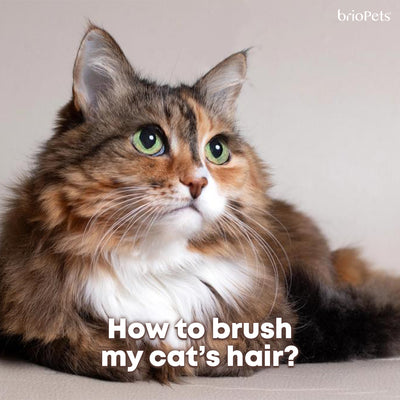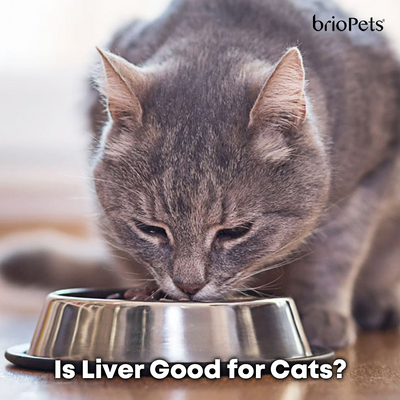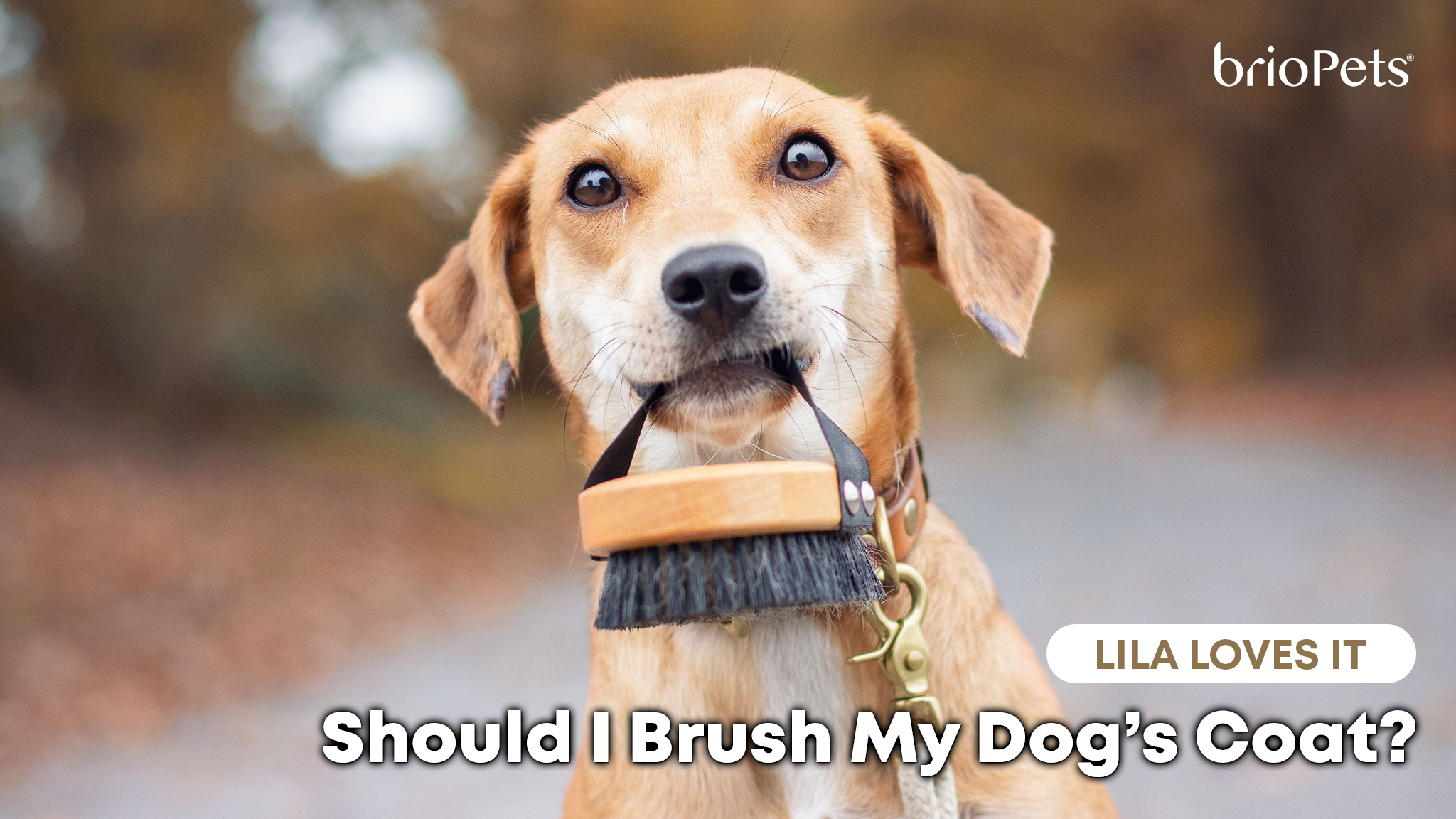
Should I brush my dog's coat?
Yes, and it is extremely important to do so. Understandably, brushing your furkid can be an arduous task. Not only does it takes a considerable amount of time, the clean up afterwards can be quite overwhelming. However, this doesn’t mean you should keep putting it off. Brushing your pet’s fur is very important for their health. Here are 5 reasons why you should brush your pet regularly.
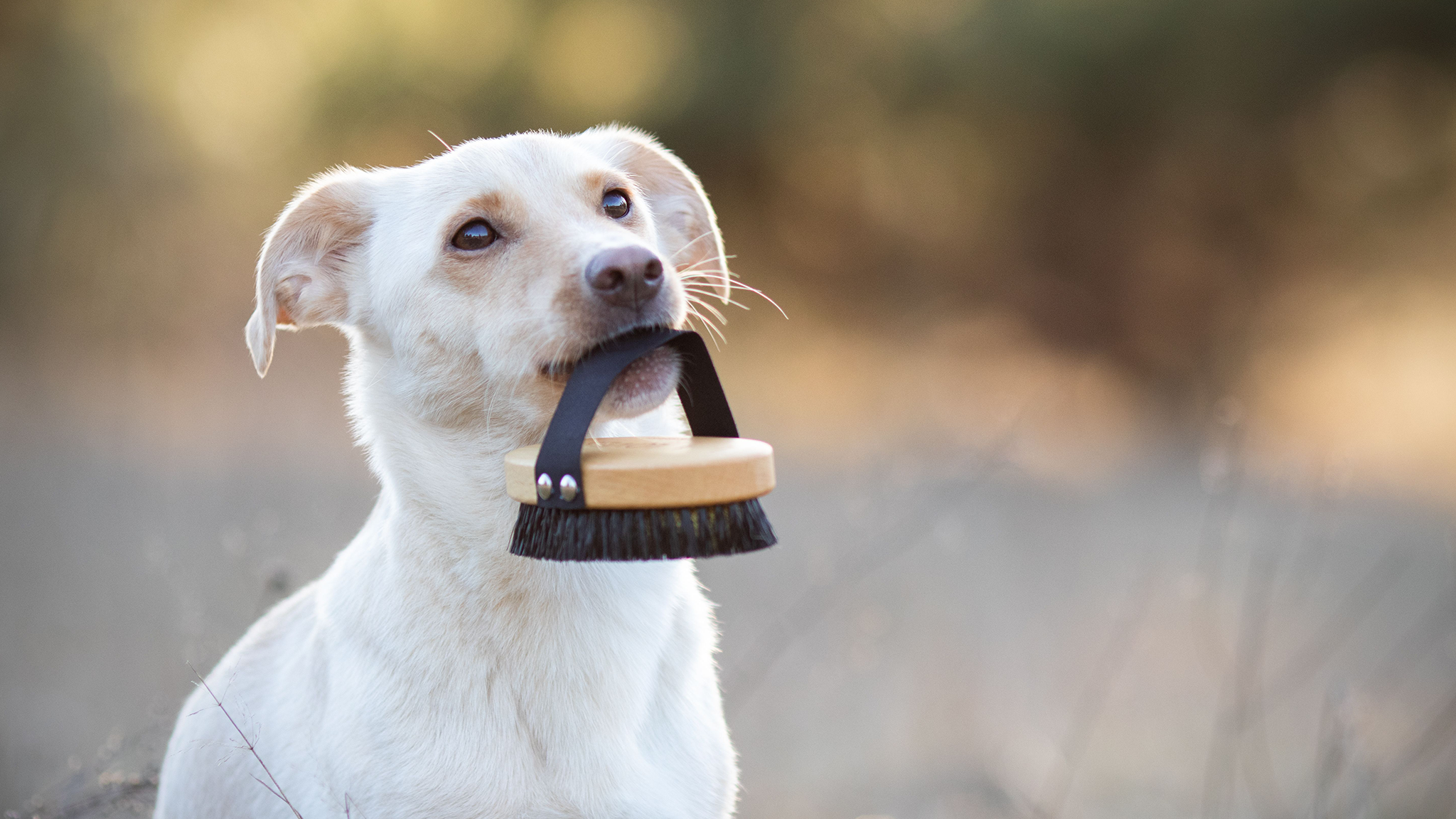
1. Prevent Matting
Mats form when fur becomes tangled and wraps around itself, forming tightly wound clumps of both dead and live fur. If they aren’t brushed out, they will continue to trap more fur and get closer to the skin. This can cause serious skin issues, pinch and pull at your furkid’s skin and create the perfect hiding place for insects such as fleas or maggots. Once mats have formed, it could become difficult for you to remove. This is why regular brushing can prevent mats from forming.
2. Distribute Natural Oils and Remove Dirt
Unlike cats, dogs don’t groom themselves regularly. This means that dirt and debris may get trapped in their coats. Additionally, dogs' coats have natural oils that may get stuck and require help spreading. By brushing your dog, you are helping to spread the natural oils around keeping them shiny and remove any dirt and debris buildup.
3. Spot Any Foreign Bodies
Tick or flea infestation is one of the biggest headaches and heartaches for pet owners. Regularly brushing your furkid will allow you to catch these little buggers early and deal with the issue before things get out of hand. Additionally, you’ll be able to spot any odd bumps or rashes that may require medical attention. Sometimes early detection can be the much-needed difference between life and death.
4. Reduce Shedding
Believe it or not, regular brushing helps to reduce shedding. When you brush your furkid, you’re removing any loose fur in the coat. This means that less loose fur will shed around your house when your furkid is running and jumping about. This is definitely something that will help to save time when it comes to sweeping and vacuuming. If you are able to put aside 5-10mins a day, brush through your furkids’ coat and you will see a reduced amount of fur on your clothes and floor. Try it out and see it for yourself!
5. Bonding
Spending a part of your day sitting down with your furkid and brushing them can be a very therapeutic bonding session. It’s the perfect time for you and your furkid to build trust with one another, as well as spending some quality alone time with each other.
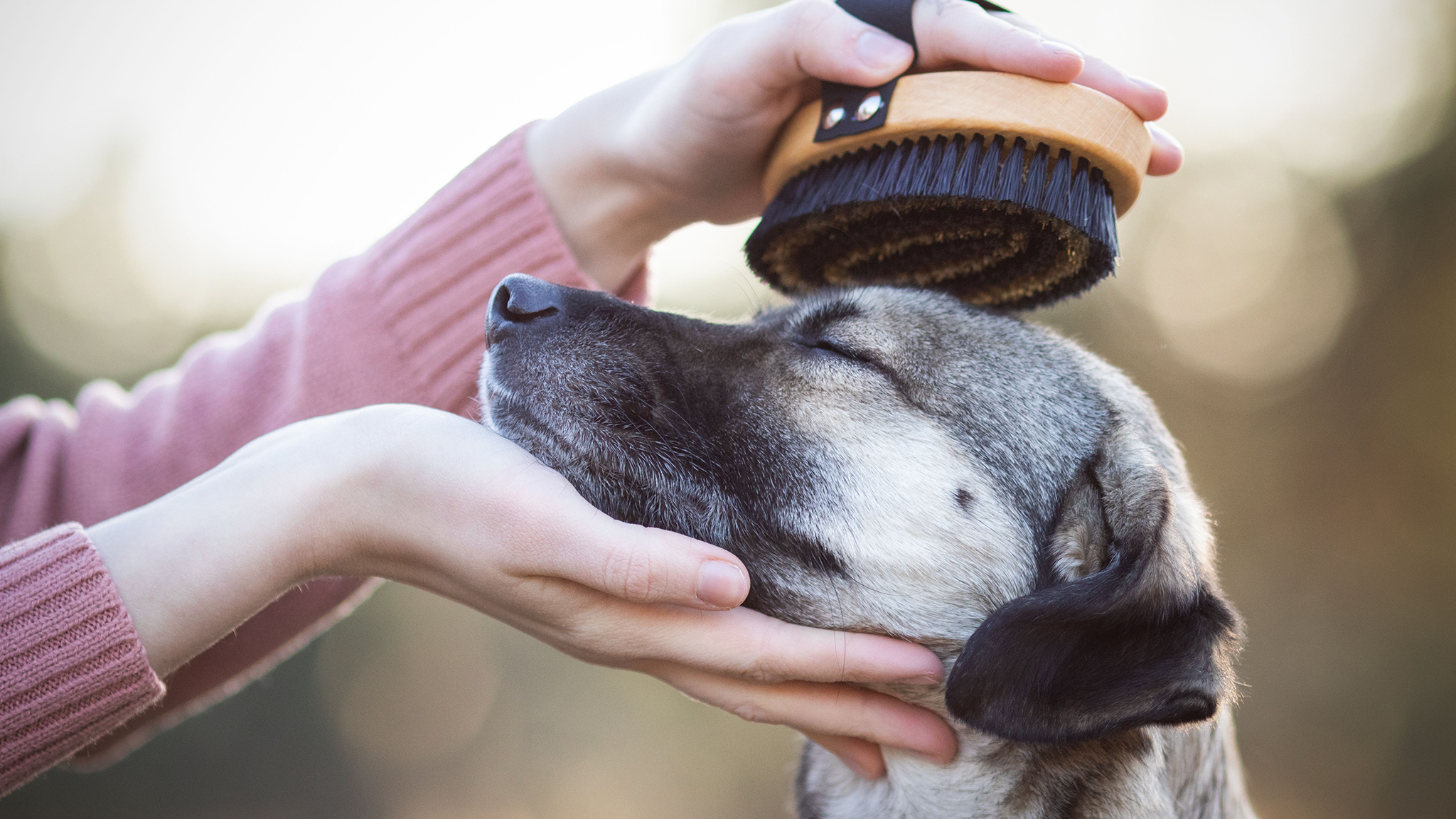
Types of brushes
After emphasizing the importance of brushing your dog, you may proceed on to wonder - "Which brush should I use for my dog?". Different types of fur require different brushes. This usually depends on the fur coat and fur length. There are 4 main types of brushes: slicker brush, rakes, bristle brush and pin brush.
Slicker brushes
Slicker brushes have fine, short metal wires packed closely together and are meant for medium-to-long-haired or curly-haired dogs. Examples would be Golden Retrievers, Yorkshire Terriers, Cocker Spaniels and St. Bernards.
Rakes
Rakes are brushes designed to penetrate a dog’s thick coat and remove tangles and dead undercoat. They are suitable for thick-haired dogs such as German Shepherds.
Bristle brushes
Bristle brushes have clusters of tightly-packed natural bristles and are meant for short-haired, smooth-coated dogs that shed more frequently. They are best suited for Pugs, Italian Greyhounds and Jack Russells.
Pin brushes
Pin brushes have loosely arranged flexible wires, some with pins on top. They are best used to finish off the grooming process in addition to the brushes mentioned above.



